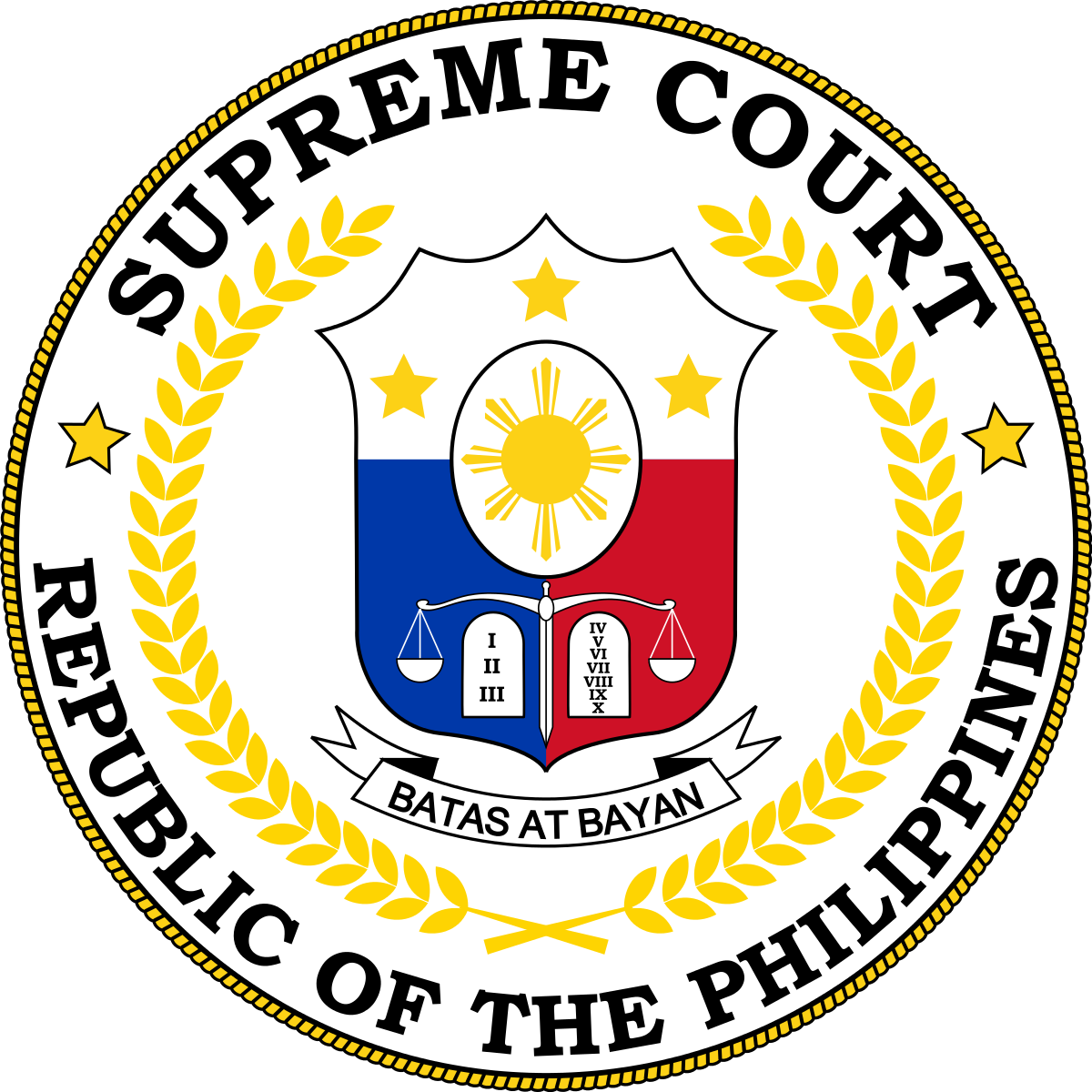A total of 18,355 persons deprived of liberty (PDLs) have been released as of May 15 since the Supreme Court (SC) adopted measures to expedite the resolution of their cases to decongest jails and other detention facilities to contain the spread of the coronavirus disease.
Most of those released were detained at the lockup cells of the Philippine National Police (PNP) at the start of the declaration of the national health emergency and the imposition of community quarantine in many places, Court Administrator Jose Midas P. Marquez said.
PDLs are persons charged in court with criminal offenses and violations of city and municipal ordinances and are detained while petitioning to post bail, attending hearings, and awaiting the decisions on their cases.
Marquez said that “at the start of the enhanced community quarantine (ECQ), many BJMP (Bureau of Jail Management and Penology) facilities did not accept the new PDLs anymore for fear that they may infect the inmates inside the BJMP.”
He said of the 18,355 PDLs released, “there were also a number of them who were released from the BJMP and the provincial jails either on reduced bail or on self-recognizance, or after already serving the minimum imposable penalty for the crime they were charged.”
He pointed out that his office “also monitored a few minors or CICLs (Children in Conflict with the Law) who were released to their parents during this ECQ.”
At the same time, Marquez said the Supreme Court (SC) “foresees a number more of PDLs to be released in the next few days and other more cases, both criminal and civil to be heard “as many of our courts are now under GCQ (general community quarantine) and will be re-opening, albeit on skeleton-force, plus additional courts will be authorized soon to conduct hearings of civil and criminal cases through videoconferencing.”
At the start of the national health emergency, the SC — through Chief Justice Diosdado M. Peralta — adopted several measures to insulate the court officials and personnel and the public from coronavirus disease.
In areas placed under the enhanced community quarantine (ECQ), and now under the modified ECQ (MECQ), all courts were physically closed.
In areas under general community quarantine (GCQ), courts are manned by skeleton workforce on rotation basis. Justices and judges were mandated to act only on urgent matters, particularly those involving PDLs.
Filing of cases, petitions for bail, and other court pleadings was ordered done through online.
The SC released the hotline numbers, email addresses and Facebook accounts which can be viewed at its website, sc.judiciary.gov.ph.
About 1,000 trial courts in the country were ordered to conduct hearings and other proceedings through video conferencing.
“The focus really of Chief Justice Peralta and the Supreme Court is on the PDLs whose cases are still pending in the courts,” Marquez said.
“It must be remembered that they have not yet been convicted. They are still presumed innocent. And yet they are highly at risk of being infected by the deadly virus. It’s already like imposing the death penalty on them even before their guilt can be established beyond reasonable doubt,” Chief Justice Peralta said in one of his circulars. (Rey Panaligan)


